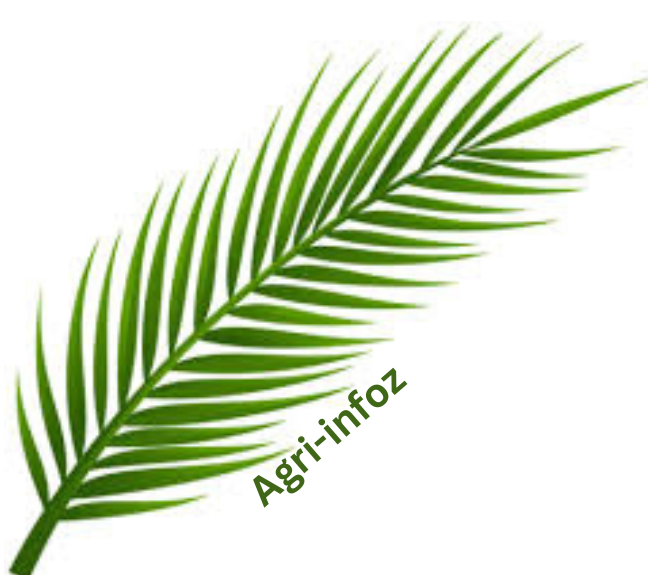


The Power of Hybrid Vigor: Unlocking the Benefits in Livestock Agriculture
In the intricate tapestry of livestock agriculture, one concept stands out as a beacon of genetic resilience and performance: hybrid vigor. Also known as heterosis, hybrid vigor is the phenomenon where the offspring of genetically diverse parents exhibit superior traits compared to either parent. Join us as we explore the myriad benefits of hybrid vigor in livestock, uncovering the transformative impact it holds for breeders, producers, and the industry at large.
Read more related: Sheep Farming: Tips for Beginners
Maximizing Performance: Amplifying the Best of Both Worlds
At the heart of hybrid vigor lies the fusion of genetic diversity, where complementary traits from different breeds synergize to produce offspring with enhanced performance characteristics. Whether it’s increased growth rates, improved disease resistance, or enhanced reproductive efficiency, hybrid vigor unlocks a wealth of benefits that translate into tangible gains for producers in terms of productivity, profitability, and sustainability.
Enhancing Adaptability: Thriving in Diverse Environments
One of the greatest strengths of hybrid vigor lies in its ability to confer adaptability and resilience to livestock populations. By incorporating genetic diversity into breeding programs, breeders can produce animals that are better equipped to thrive in diverse environments and withstand environmental stressors such as heat, cold, disease, and poor nutrition. This adaptability is particularly valuable in today’s era of climate change and shifting agricultural landscapes.
Improving Health and Welfare: Reducing Disease Susceptibility
Hybrid vigor has been shown to confer increased resistance to a wide range of diseases and health disorders in livestock populations. By introducing genetic diversity through crossbreeding and hybridization, breeders can mitigate the risk of disease outbreaks and reduce the need for veterinary interventions and antimicrobial use, thereby improving the overall health and welfare of animals while promoting sustainable farming practices.
Enhancing Reproductive Efficiency: Boosting Fertility and Viability
Hybrid vigor extends its influence beyond performance traits to encompass reproductive efficiency as well. Offspring resulting from hybrid matings often exhibit improved fertility, viability, and maternal instincts, leading to higher conception rates, reduced neonatal mortality, and enhanced maternal care behaviors. This reproductive advantage translates into increased herd productivity and profitability for producers, making hybrid vigor a valuable tool for genetic improvement.
Promoting Genetic Diversity: Safeguarding the Future of Agriculture
In addition to its immediate benefits, hybrid vigor plays a critical role in promoting genetic diversity within livestock populations. By encouraging the use of diverse genetic resources and preserving rare and endangered breeds, hybrid vigor helps safeguard the genetic resilience and long-term sustainability of agriculture. This diversity is essential for adapting to changing environmental conditions, emerging diseases, and evolving consumer preferences.
Conclusion: Embracing the Power of Hybrid Vigor
As we navigate the complexities of livestock agriculture, hybrid vigor emerges as a guiding light, illuminating a path towards genetic resilience, performance, and sustainability. By harnessing the benefits of genetic diversity through crossbreeding and hybridization, breeders can unlock new frontiers in productivity, health, and adaptability, ensuring a prosperous future for livestock agriculture and the global food supply.



